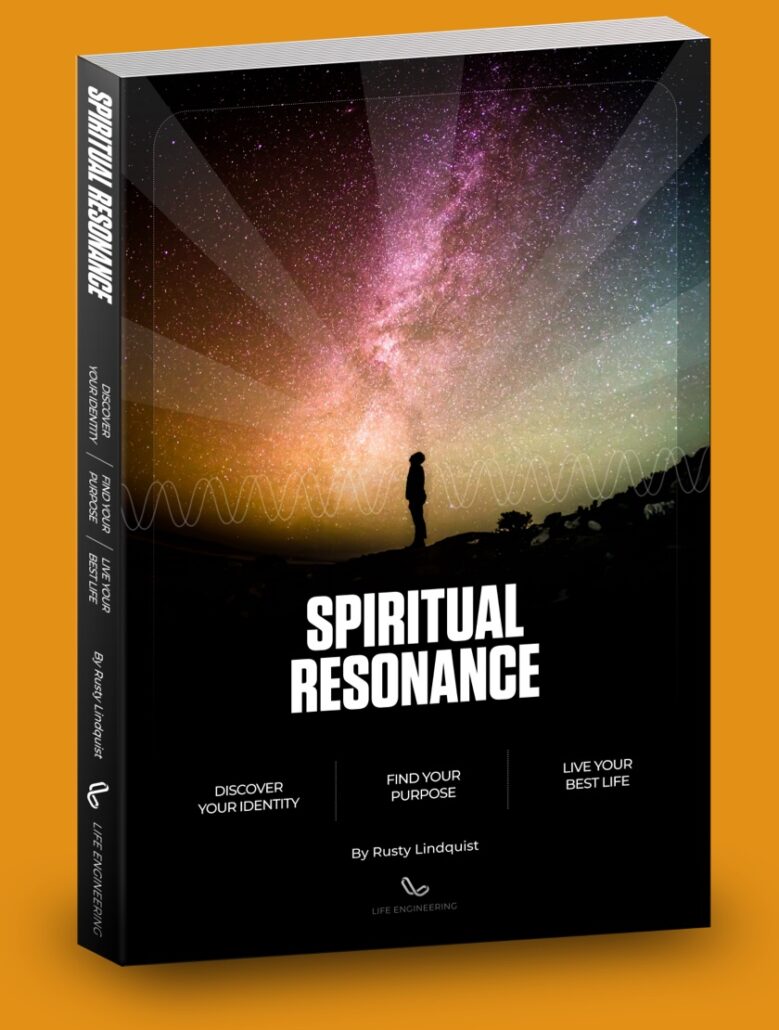Free Course: Alignment Staying on Course Free Course: Alignment From our 16 Elements series, and a part of the Act Pillar, Alignment …
PERSONAL DISASTER: AN OPPORTUNITY TO CHANGE
articles
There’s a well-known but somewhat surprising phenomenon that occurs when people face disaster in their lives: they find it easier to make substantial life changes.
There’s a biological reason for this. See, actions (habits, traditions, behaviors, etc.) at their most fundamental level are simply physical pathways formed between neurons in your brain.
In order to perform an action, your neurons have to change—sometimes they change their structure, sometimes they reach out and make new connections, sometimes they change the signals made with existing connections, etc. But once a pathway is created that produces the desired reactions, that pathway is a physical manifestation or representation of that action.
The more you repeat that action, the stronger those pathways become (increased connection ratios, redundant connections, better chemical flow, etc.).
Changing a behavior means that when the electrical flow (or the sequence of events that lead up to that action) reaches a certain point, you’ve got to demand an intervention in this pre-established neural pathway. You have to force your brain to reach out and create new connections—to change itself structurally. This requires enormous discipline and dedication, because your brain is highly adept at following the path of least resistance. It’s an efficient mechanism.
But it’s also adept at survival. When disaster strikes, it forces itself to create new connections so that it can adapt and survive. Otherwise, when change is not associated with an imminent need, it relies solely on our own discipline and desire, which is usually not compelling or persistent enough.
-Rusty
This post describes how you can increase the success of your change initiatives by understanding the biological foundation of change.
Share this
with someone who might need it
keep reading
The turkey effect How to learn who you are and live your best life raising turkeys People often wonder “who am I?”; …
HOT HANDS HOW identity POWERS PEAK PERSONAL PERFORMANCE HOT HANDS There’s a well-known phenomenon in sports called “Hot Hands.” It’s the idea …
Know Thyself The Key to Unlocking Your Full Potential Know thyself Nestled deeply on the slopes of Mount Parnassus in Greece is …
Employee satisfaction is closely tied to performance. When satisfaction levels rise, productivity, customer service, and profits tend to rise too. Employee turnover slows down and it becomes easier to recruit new talent. See how your team, leadership, and shareholders can benefit from a company culture that emphasizes employee satisfaction.
If you want your customers to be happy, you need to think about employee satisfaction. When employees like their workplaces, they are more effective at their jobs and provide better customer service. Learn more about the link between the employee and customer experience and how to measure employee satisfaction.








Responses